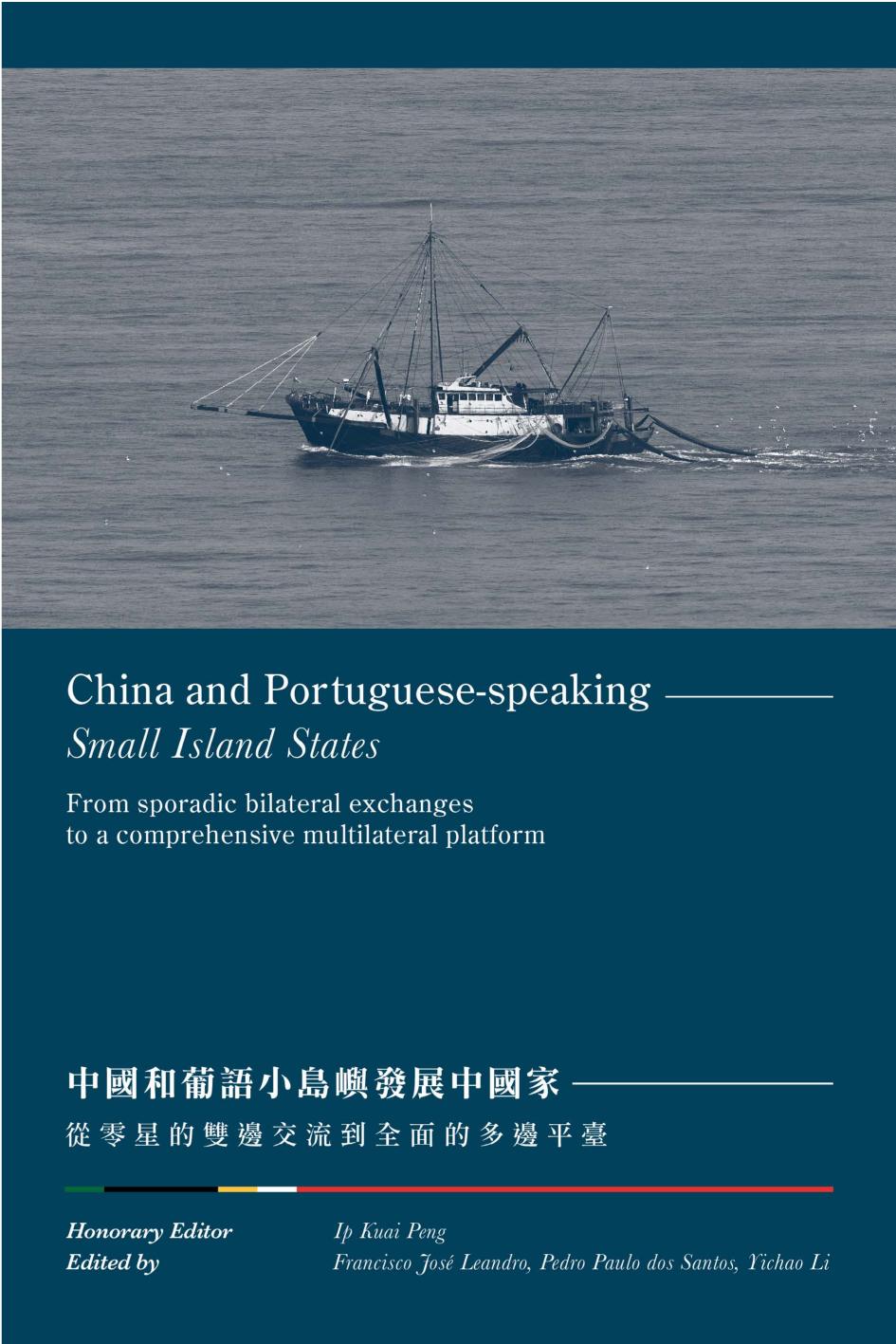
China and Portuguese-speaking Small Island States: From sporadic bilateral exchanges to a comprehensive multilateral platform PDF
Preview China and Portuguese-speaking Small Island States: From sporadic bilateral exchanges to a comprehensive multilateral platform
This book, China and Portuguese-speaking Small Island States: From sporadic bilateral
exchanges to a comprehensive multilateral platform, is the second volume of a series on
the Portuguese-speaking countries, comprising proceedings from conferences
organised and hosted by the Institute for Research on Portuguese-speaking
Countries of City University of Macau, China. The collection of papers
and resources presented here offers diverse perspectives on the Portuguesespeaking
Small Island Developing States (PSIDS) of Cabo Verde, Timor-Leste,
and São Tomé e Príncipe, together with a second part of the book which is a
guide to online sources (Cabo Verde and São Tomé e Príncipe)1, prepared to
facilitate further research on this topic.
The chapters in this book are the result of an international symposium
organised by City University of Macau, China, on December 13, 2019, with
support from the Government of Macau (Direcção dos Serviços de Ensino
Superior — DSES), as part of a double celebration for the 70th anniversary of
the founding of the People’s Republic of China, and the 20th anniversary of
Macau’s retrocession to Chinese sovereignty. The symposium was structured
around the theme “China and Portuguese-speaking Small Island States: From
sporadic bilateral exchanges to a comprehensive multilateral platform of mutual
development cooperation.”
The Portuguese-speaking Small Island Developing States, namely Cabo
Verde, São Tomé e Príncipe, and Timor-Leste have been largely overlooked
in development studies research literature. The three states share three unique
characteristics: firstly, they are Small Island Developing States (SIDS), and
therefore vulnerable, remote, and have limited access to resources; secondly,
due to their colonial past, they use Portuguese as their official language; and
thirdly, they gained independence from Portugal in the year 1975.
